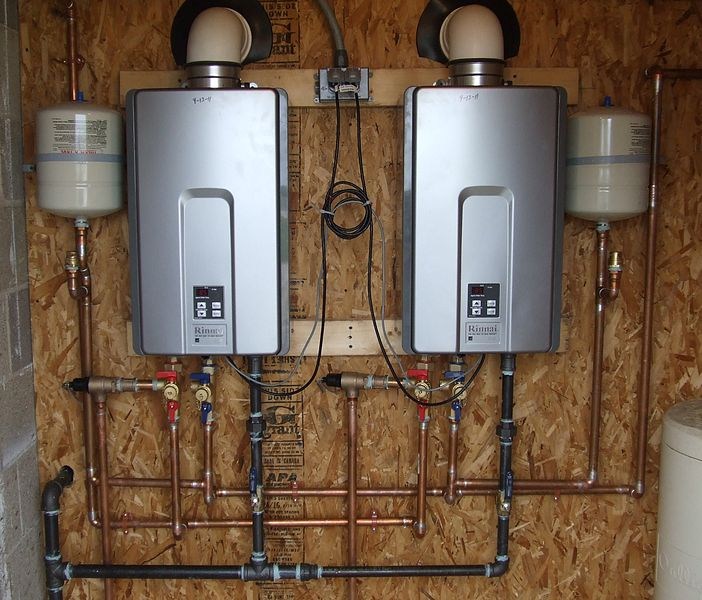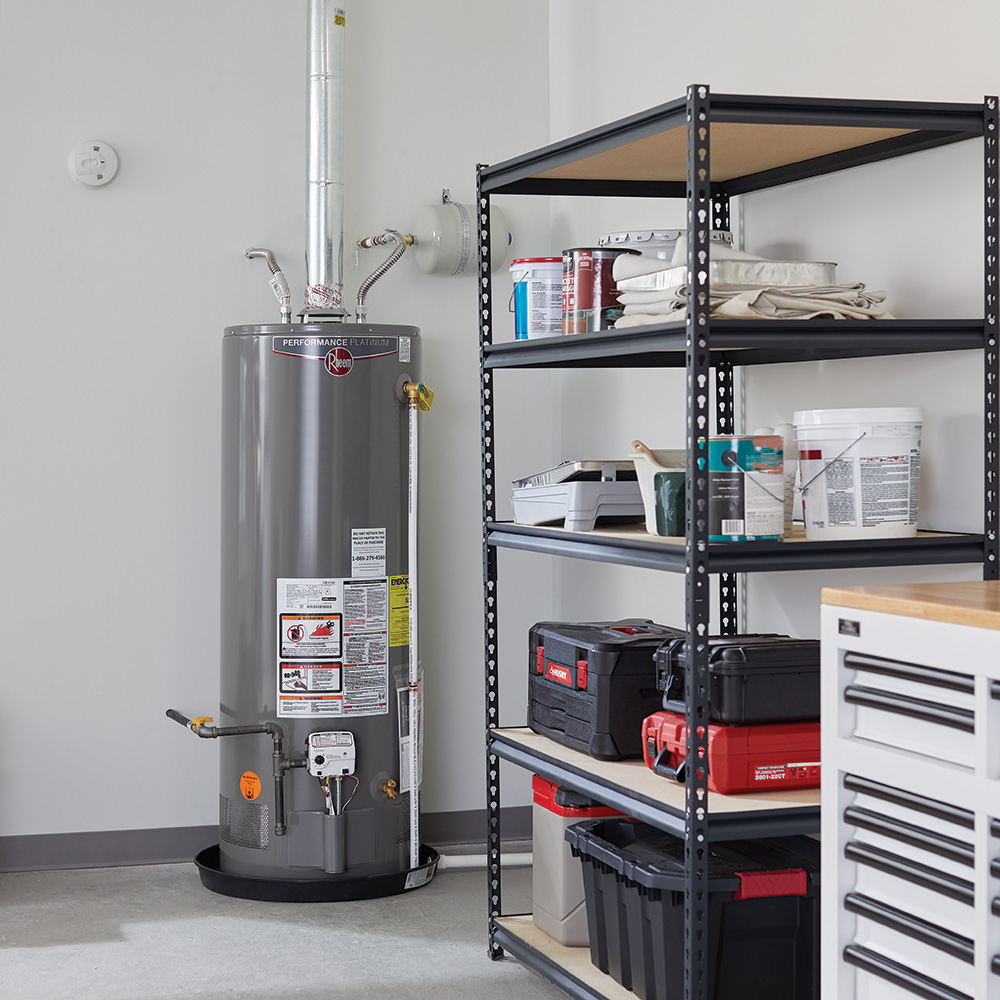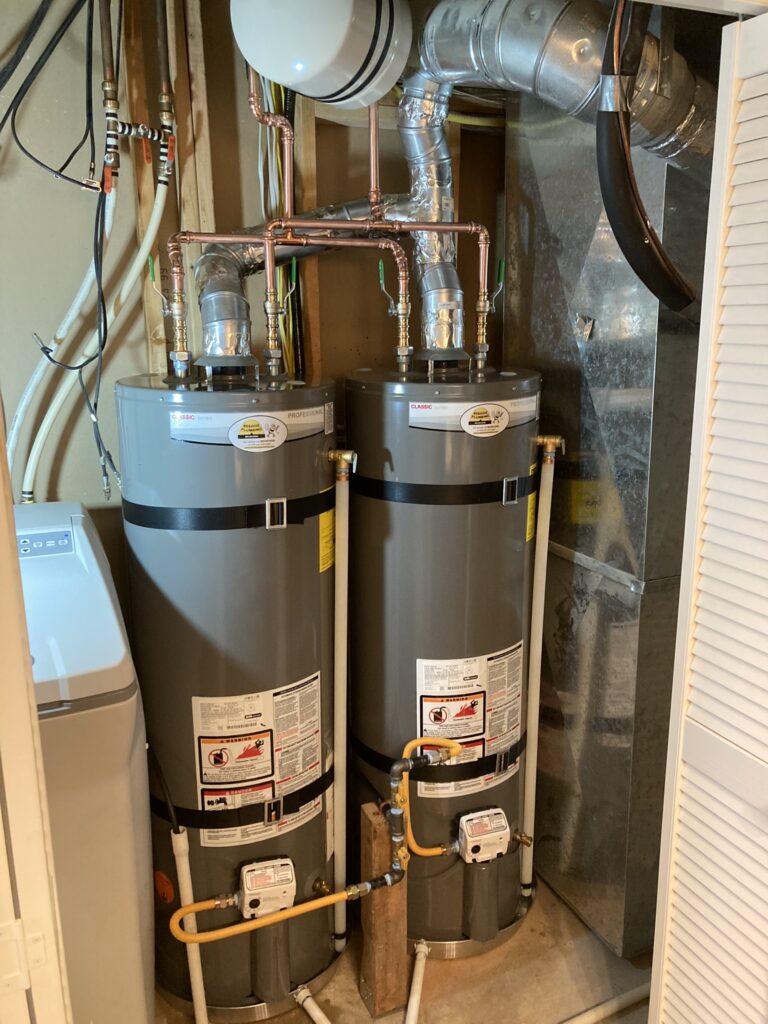Fast and Reliable Pipe Repair to Resolve Leaks and Reestablish Functionality
Fast and Reliable Pipe Repair to Resolve Leaks and Reestablish Functionality
Blog Article
Complete Guide to Water Heating UnitSetup and Substitute
Comprehending the ins and outs of water heating system installation and replacement is vital for home owners looking for to guarantee effectiveness and dependability in their warm water supply. From selecting the suitable kind and dimension to executing a seamless installation process, a number of aspects should be taken into consideration to stay clear of usual risks.
Types of Hot Water Heater
When thinking about hot water heater setup and replacement, it is necessary to comprehend the different kinds of hot water heater readily available out there. One of the most typical kinds include container water heating systems, tankless water heating units, heatpump hot water heater, and solar water heating units.
Tank water heaters are traditional systems that save a particular volume of hot water, making them easily available when required. In contrast, tankless water heaters offer hot water on need, getting rid of the need for storage space.
Heatpump water heating systems utilize power to move heat from the air or ground to heat water, supplying substantial power financial savings however calling for more room and details installation conditions. Finally, solar hot water heater harness solar power to heat water, giving an environmentally friendly alternative with prospective long-lasting cost financial savings, although they usually call for a back-up system for cloudy days.
Recognizing these alternatives makes sure notified decisions relating to setup and replacement, catering to particular demands and choices.
Picking the Right Dimension
Picking the appropriate size for a hot water heater is important to make certain optimum efficiency and performance. A device that is as well small will struggle to satisfy house needs, bring about irregular warm water schedule and boosted energy consumption. Alternatively, an oversized hot water heater can cause unnecessary power waste and higher energy expenses.
To determine the appropriate size, take into consideration the home's optimal warm water usage. This can be determined based upon the number of owners and their common warm water requirements. As an example, a household of four might need a hot water heater with a capability of 50 to 80 gallons, depending upon the use patterns, such as synchronised showers and washing.
Additionally, analyze the recovery rate, which measures exactly how promptly a heater can renew warm water after it has actually been used. For tankless designs, emphasis on the flow rate, gauged in gallons per minute (GPM), to guarantee it meets the house's simultaneous demand.

Installment Process Introduction

Following, the old device needs to be disconnected and removed, making sure to adhere to regional codes and policies regarding disposal. As soon as the old unit is out, the brand-new hot water heater can be placed in location. This step includes connecting the water supply lines, making certain that all fittings are safe and secure and leak-free.
After establishing water links, it's necessary to connect the power supply, whether visit this page electrical or gas, adhering to the producer's instructions meticulously. As soon as all connections are made, the system needs to be loaded with water, and the power can be transformed back on. It's essential to inspect for leakages and ensure the water heating unit is operating correctly before finishing the installment process.
Usual Installation Mistakes

One more frequent error is disregarding to follow local codes and guidelines. Falling short to adhere to these standards can not only lead to safety and security hazards but may likewise result in pricey penalties or the need for expensive reinstallation.
Wrong pipes connections are likewise a widespread mistake. Stopping working to safeguard connections or utilizing the incorrect kind of fittings can cause leakages and water damages. Overlooking the value of a proper drainpipe pan can result in substantial water damages if leakages do take place. Inadequate insulation of pipelines can lead to warm loss, minimizing performance. By staying clear of these typical installation errors, house owners can ensure their water heating unit runs securely and efficiently, making the most of efficiency and durability.
Maintenance Tips for Longevity
Appropriate maintenance of a hot water heater is crucial for its durability and optimal efficiency. Routine inspections and maintenance can avoid pricey repair services and extend the device's life expectancy. Begin by checking the temperature level setting; it should normally be established between 120 ° F and 140 ° F for optimum energy effectiveness and safety.
Every 6 months, purge the storage tank to get rid this content of sediment build-up, which can impair home heating efficiency and trigger rust. To do this, shut off the heating unit, attach a hose to the drainpipe shutoff, and let the water run up until it is clear.
Anode rods must be inspected every year and changed when they are corroded. These poles assist protect against tank rust by bring in corrosive aspects in the water.
In addition, examine the pressure alleviation shutoff routinely to ensure it is working appropriately. This shutoff is vital for stopping excessive stress buildup within the tank.
Finally, take into consideration setting up a professional maintenance check every few years for thorough examinations and maintenance. By sticking to these upkeep tips, property owners can dramatically boost the efficiency, safety, and lifespan of their hot water heater, making sure trusted hot water for many years to come.
Final Thought
To conclude, appropriate installation and maintenance of hot water heater are important for making sure effectiveness and durability (water heater installation). Selecting the ideal type and dimension, sticking to setup standards, and staying clear of typical mistakes considerably contribute to optimum efficiency. Routine maintenance checks and expert maintenance aid suffer functionality and avoid pricey repair services. By comprehending these vital aspects, home owners can accomplish a trustworthy hot water supply while minimizing possible problems associated with hot water heater operation.
Comprehending the intricacies of water heating unit installation and replacement is critical for house owners seeking to make sure efficiency and dependability in their warm water supply.Tank water heating units are this contact form standard systems that store a certain quantity of hot water, making them conveniently available when needed. In comparison, tankless water heaters supply hot water on demand, getting rid of the requirement for storage space. Selecting a water heating unit that is either also tiny or too large can lead to inadequacies, resulting in poor hot water supply or extreme power intake.
By understanding these necessary facets, homeowners can achieve a trusted warm water supply while minimizing prospective concerns associated to water heating system operation. drain cleaning.
Report this page